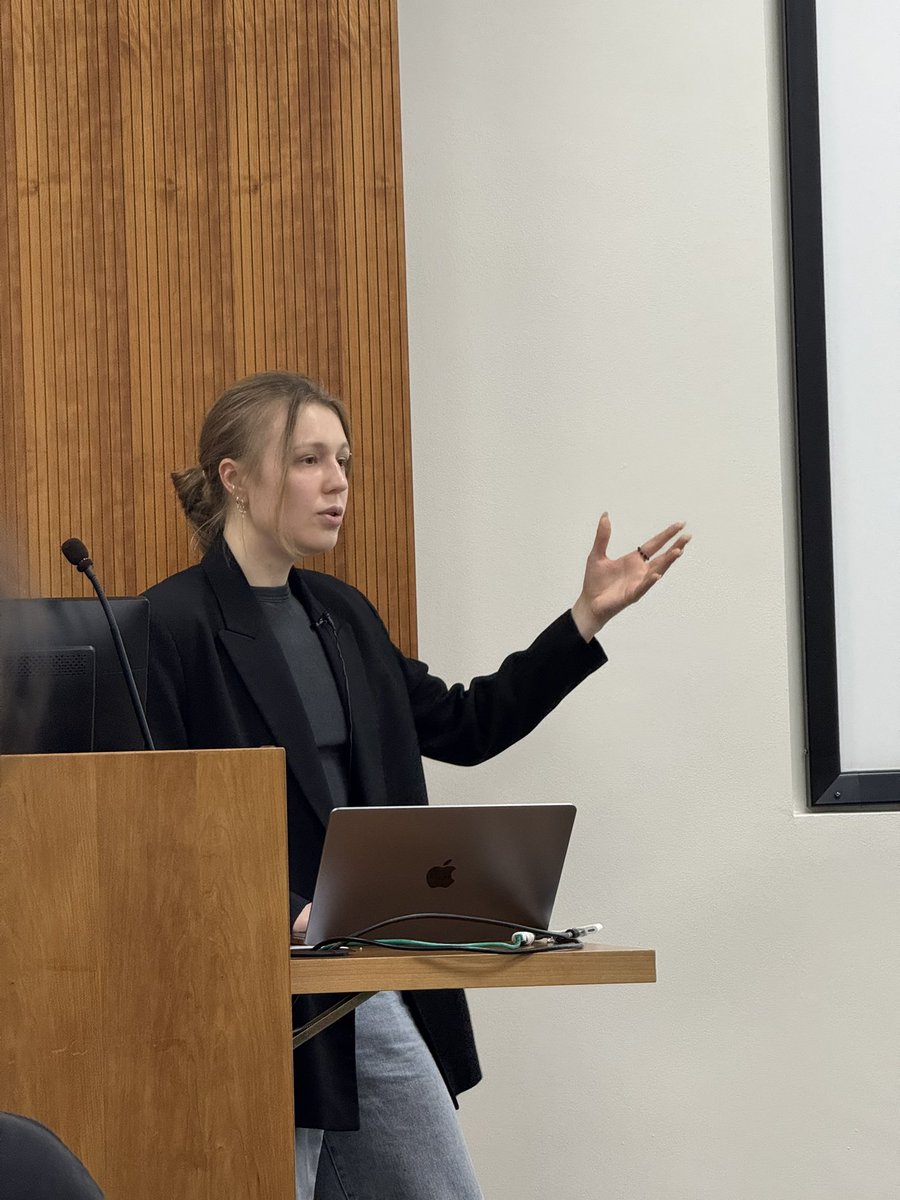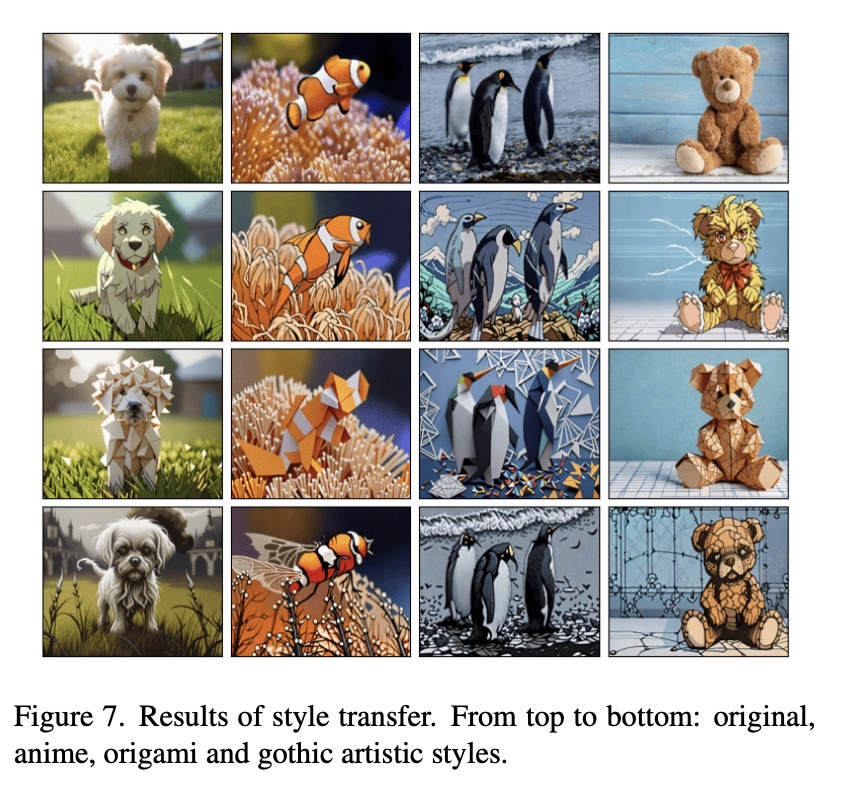
Tatiana Gaintseva
@t_gaintseva
Ph.D. candidate @ DERI, Queen Mary University of London.
AI Researcher, ML/DL teacher
ID: 846362284687605764
http://atmyre.github.io 27-03-2017 14:04:28
17 Tweet
81 Followers
42 Following








A couple of guides on how to write good scientific papers. Thanks to my manager in Huawei London, Ismail Elezi, for sharing the links! These guides are not about how to do good research, but specifically about how to write a scientific paper based on your research in a way




